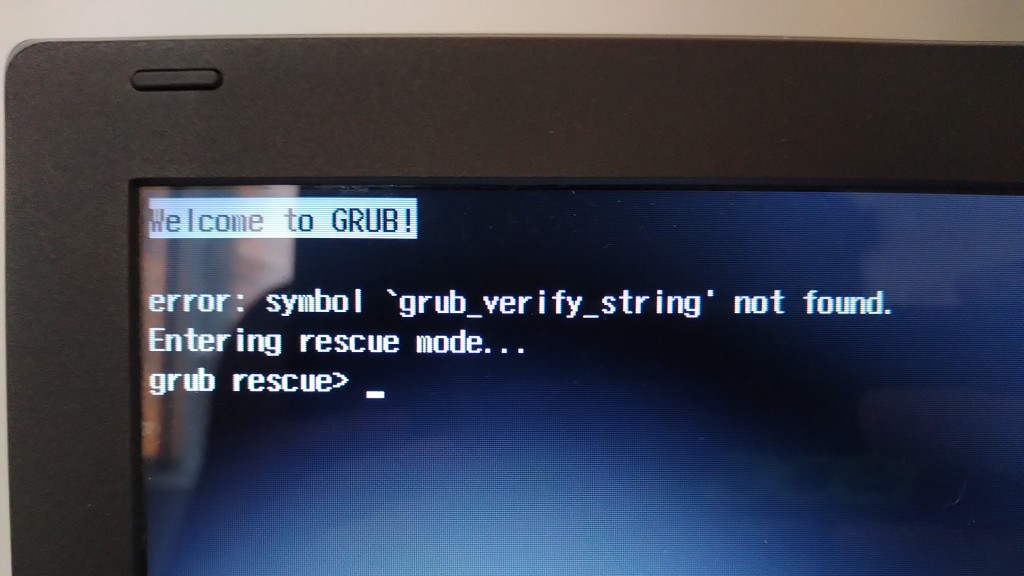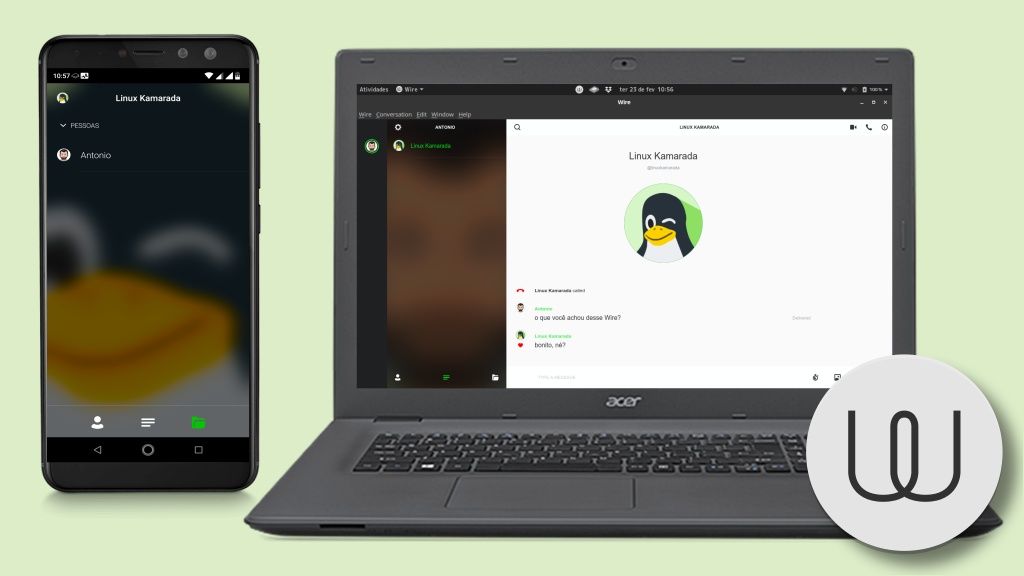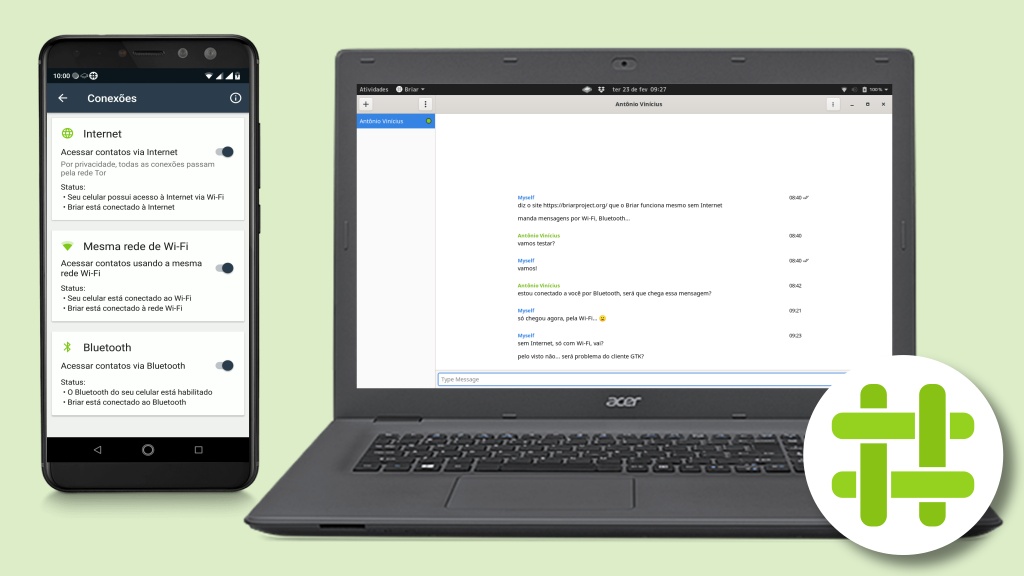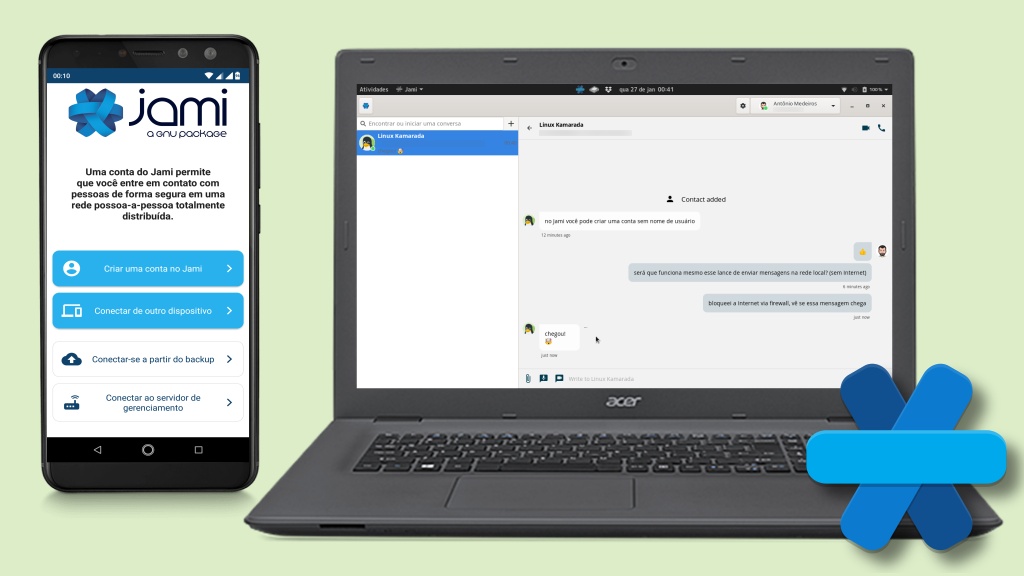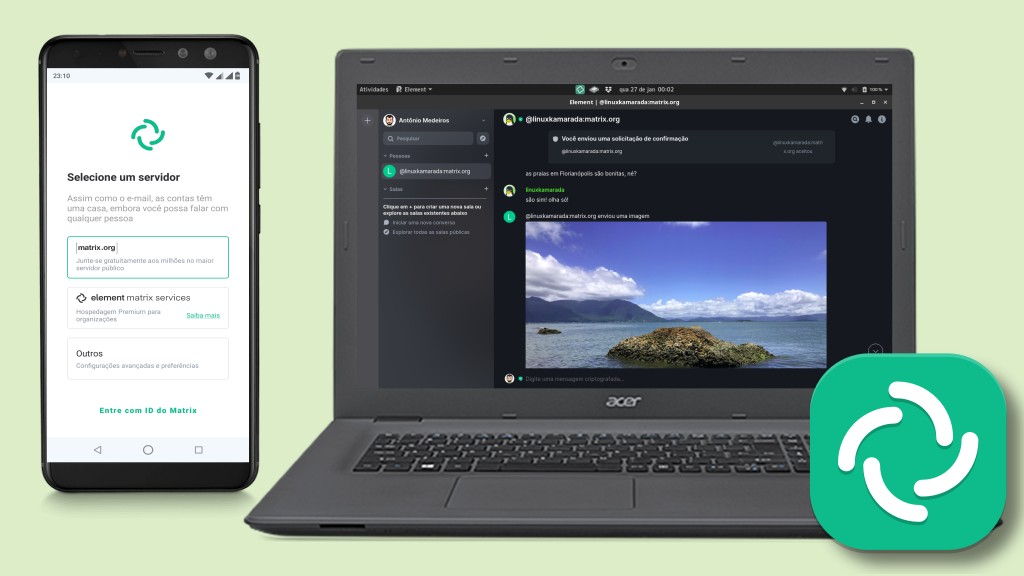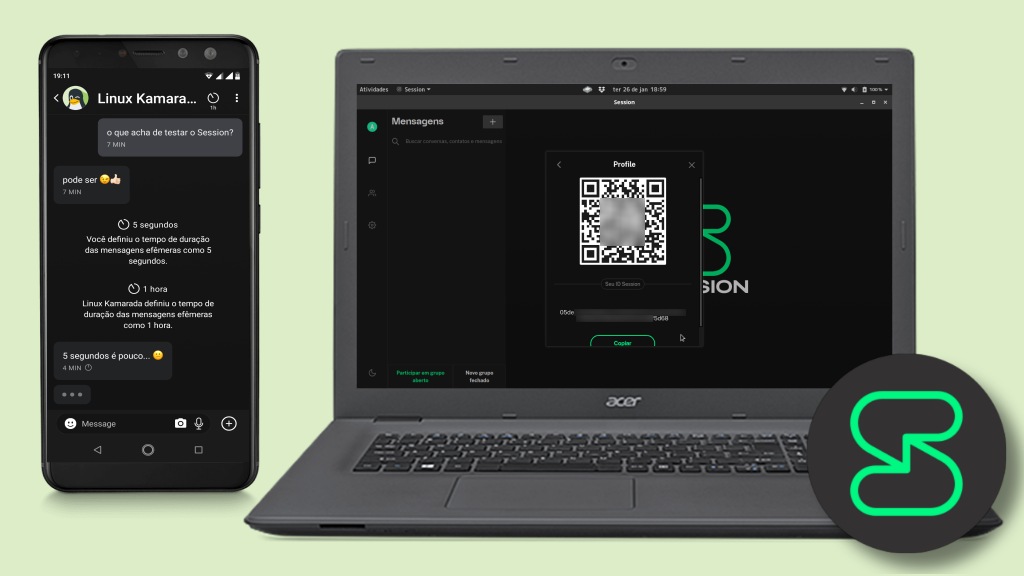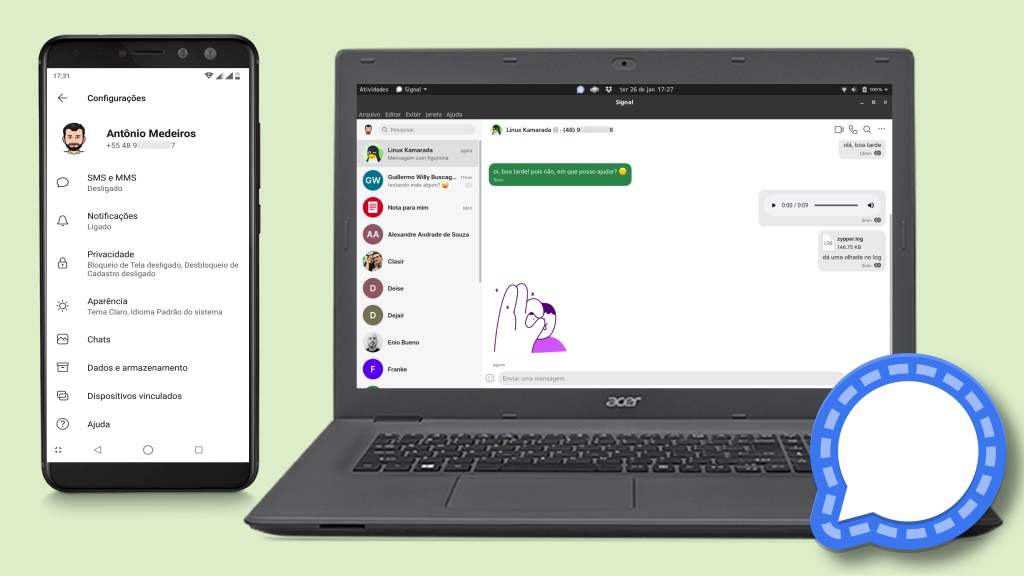Remember the games of the all-time best-selling video game console on your computer!
Comments Read more ›This is a text for software developers and people on free software projects. If you follow my work, probably you already know that Linux Kamarada is moving to GitLab. If you too are thinking about moving your source code repositories from GitHub to GitLab, I prepared the following step-by-step instructions on how you can do...
Comments Read more ›GRUB is the default boot loader in openSUSE. A boot loader is the first program loaded from disk, responsible for loading the kernel and starting the operating system. GRUB is known for the menu it displays when the computer is turned on, especially useful on dual-boot computers, that is, computers on which two (or more)...
Comments Read more ›openSUSE Leap 15.3 is released! The newest minor version of openSUSE Leap is the most recent, rock-solid addition to the openSUSE 15.x series that carries all the positive attributes of its predecessors. There is one huge change from the previous Leap versions. openSUSE Leap 15.3 is built not just from SUSE Linux Enterprise source code...
Comments Read more ›Wire is a secure, privacy-friendly fully end-to-end encrypted messaging app. Wire is different from messengers previously shown here because it is actually a corporate collaboration suite. As messengers commonly do, Wire allows you to send text, audio and video messages, photos, videos and files and also make voice and video calls. But Wire also has...
Comments Read more ›Briar is a peer-to-peer (P2P) fully end-to-end encrypted messaging app like Jami. It stores messages securely on the user’s devices, not on the cloud. Briar was designed for activists, journalists, and anyone else who needs a safe, easy and robust way to communicate. It features one-to-one chats, private groups (in which only the creator of...
Comments Read more ›Jami is a peer-to-peer (P2P) instant messenger. Different from other more common messengers, such as WhatsApp, Telegram or Signal, which are centralized, or other messengers we’ve seen here, such as Session and Element, which are decentralized, Jami takes a distributed approach and does not require a server for relaying data between users. Two people who...
Comments Read more ›Element is a messaging app that is the reference client for the Matrix network. Different from other more common messengers, such as WhatsApp, Telegram or Signal, which are centralized, Element and Matrix are decentralized, like Session. But also they are decentralized in a different way from Session: they are built on the idea of federation.As...
Comments Read more ›Session is a messaging app forked from Signal that takes privacy a step further. Different from other more common instant messengers, Session does not require any personal information, such as a phone number or email address, to register and start using its service. While Signal collects almost no user metadata, Session does not collect any...
Comments Read more ›Signal is a simple yet powerful and secure instant messenger. It offers a similar set of features to its competitors WhatsApp and Telegram: Signal allows you to send text and voice messages, as well as photos, videos and files, in one-to-one or group chats, in addition to make voice and video calls. A key difference...
Comments Read more ›

